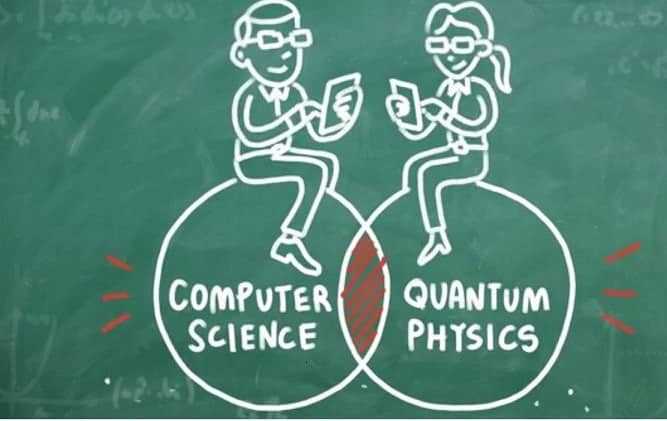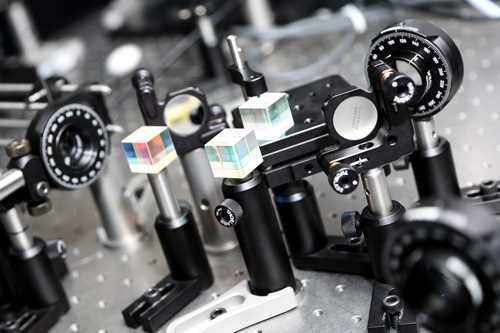
The area of study that is based on the principles of quantum theory to develop computer technology is called Quantum Computing. The quantum computer, would gain enormous processing power while having the ability to exist in multiple states, and to perform tasks using all possible permutations simultaneously, as it follows the laws of quantum physics.
Classical vs. Quantum Computing
At its extreme level, the classical computing depends on principles that are expressed by Boolean algebra. Data must be processed in an exclusive binary state at any point in time or bits. The time is now measurable in billionths of a second, that each transistor or capacitor need be either in 0 or 1 before switching states. There is still a limit as to how quickly these devices can be made to switch state. As we move forward to circuits which are smaller and faster, we begin to reach the physical limits of materials and the threshold for classical laws of physics to apply. Beyond this, the quantum world takes over.
On the contrary, a number of elemental particles such as electrons or photons can be used with either their charge or polarization acting as a representation of 0 and/or 1, in a quantum computer. The nature and behavior of these particles form the basis of quantum computing. These particles are known as a quantum bit, or qubit.
Quantum Superposition and Entanglement
When we talk about Quantum computers, the two most relevant aspects of quantum physics came into our mind, they are principles of superposition and entanglement.
Let’s now take a brief introduction about them:
Superposition: Just as an electron in a magnetic field. The electron's spin may be either in alignment with the field, or opposite to the field, which is known as a spin-down state or spin-up state, respectively. The particle then possesses a superposition of states, in which it behaves as if it were in both states simultaneously, as per the quantum law. Each qubit utilized might take up a superposition of both 0 and 1.
Entanglement: In this, a process known as correlation happens, in which the particles that have interacted at some point maintain a kind of connection and can be entangled with each other in pairs. Now, on understanding the spin state of one entangled particle which could be up or down, allows one to know that the spin of its mate is in the opposite direction. Quantum entanglement allows qubits that are separated by incredible distances to interact with each other instantaneously (not limited to the speed of light). Independent of how large may be the distance between the correlated particles, they will remain entangled as long as they are isolated.
Taken together, quantum superpition and entanglement create an enormously enhanced and powerful computing. Now, comparatively at any given time, a 2-bit register in an ordinary computer can store only one of four binary configurations (00, 01, 10, or 11), in a quantum computer, a 2-qubit register can store all four numbers simultaneously, as each qubit represents two values. The increased capacity is expanded exponentially, if more qubits are added.
Hope you understand the concept!!!

